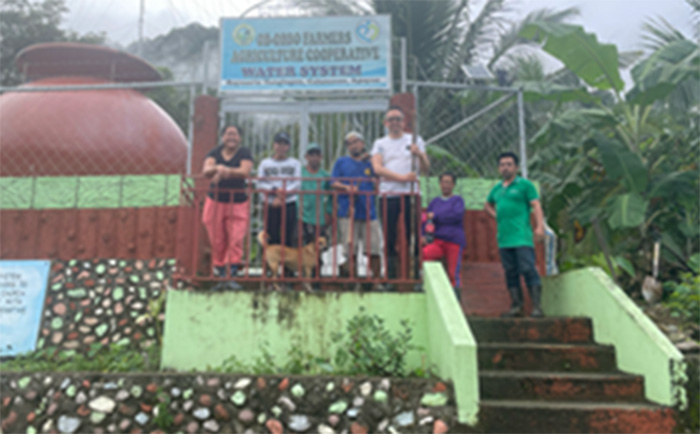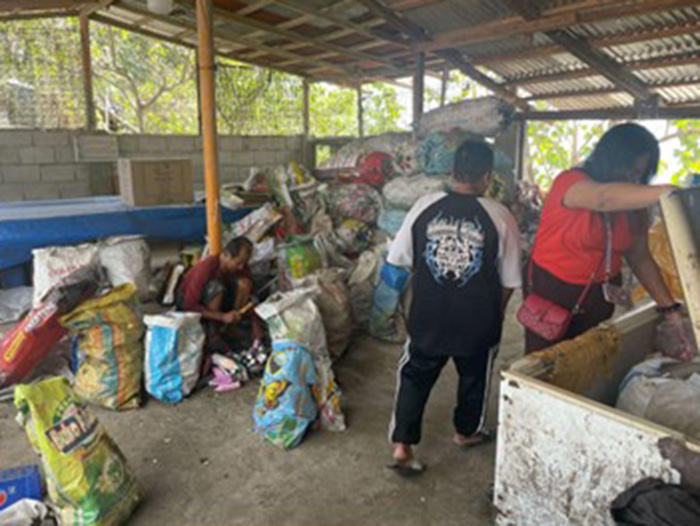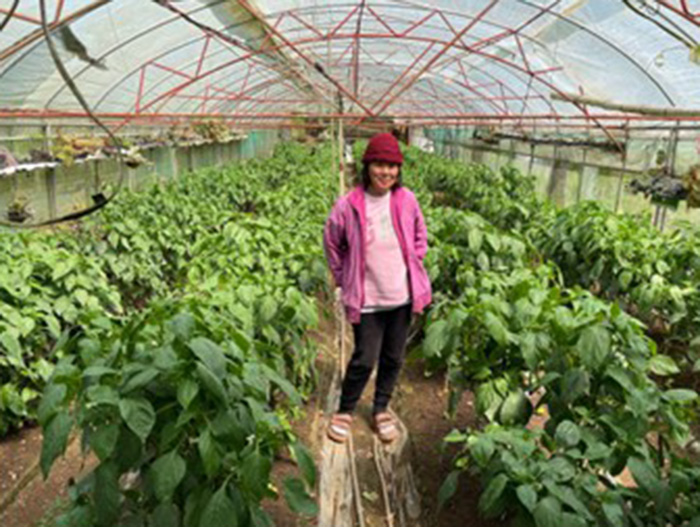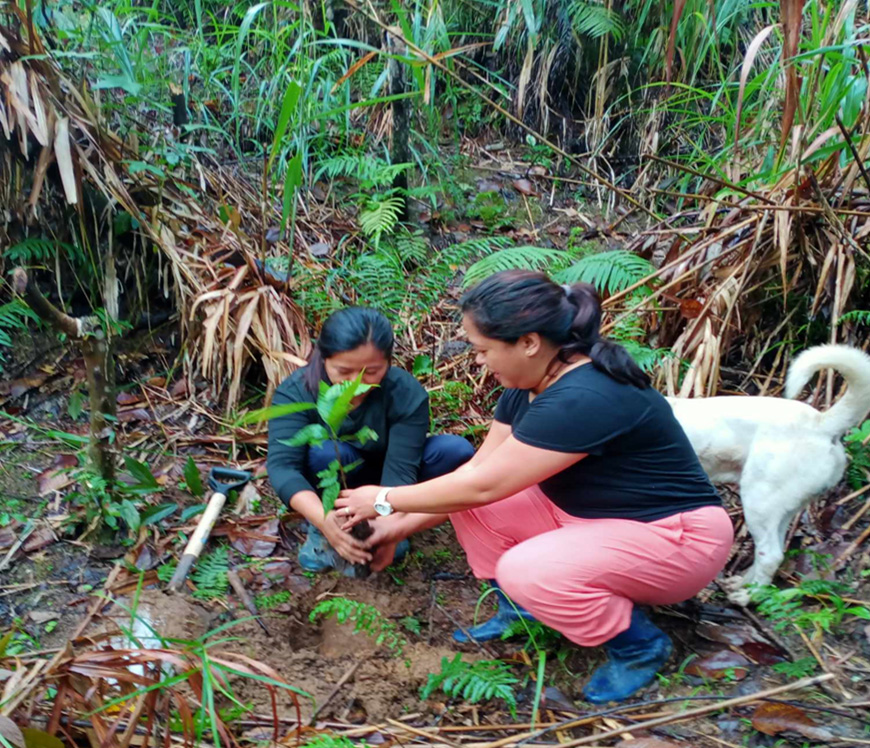E-CARE’s 2024 evaluation across 67 communities finds thriving water systems, farming and food processing
In the Philippines, E-CARE’s Capacity Enhancement Program in 2019-2022 aimed to boost the organisational and financial management of community-based organisations, enabling organisation members to build economic resilience and intensify values of caring and sharing.
A 2024 evaluation found key impacts from the program were still visible in 2024:
- Many facilities and businesses that were set up using program funds were still functioning in 2024. Generally speaking, the initiatives related to water systems, farming and food processing had higher success rates than those relating to piggeries and retail stores.
- Forty three of the 67 community organisations that were established in the 2019-2022 period had grown in terms of total capital assets by the time of the evaluation (2024) and sixty-six remained functioning.
iii. In addition to income generation, many community organisations were still providing community services like clean ups, water source conservation, blood pressure checks and tree planting.
The evaluation also made some recommendations:
- a) E-CARE could assist some community groups with training in financial management to improve their planning and record keeping. Some needed more assistance with designing their business strategy.
- b) E-CARE could assist some community groups with adopting online technologies for data storage and real time access by members to their group’s plans and records.
Overall, more than 1900 community members across 67 communities in the Philippines had gained economic and social benefits from ECARE’s program.

The Ob-obbo Farmers Agricultural Cooperative started as a water system project. It has grown into a cooperative that provides a charging station for gadgets (the community lacks electricity), a range of loan products and a retail store. They are also contemplating operating a retail WiFi business. © Santos Jose O. Dacanay III and Dianne Acosta-Corpuz. Used with permission.

Fe Gamallo’s (SPESEA member) junk shop, built through funds via her community organization, SPESEA (Sitio Pintor Episcopal Small Enterprises Association). Fe was able to support her nephews and nieces because of her business success. She explored all possible ventures in the landfill – junk shop, sari-sari store and hog raising. © Santos Jose O. Dacanay III and Dianne Acosta-Corpuz. Used with permission.

Bell pepper greenhouse garden run by LABCDA (Lamut Asset-Based Community Development Association) © Santos Jose O. Dacanay III and Dianne Acosta-Corpuz. Used with permission.
